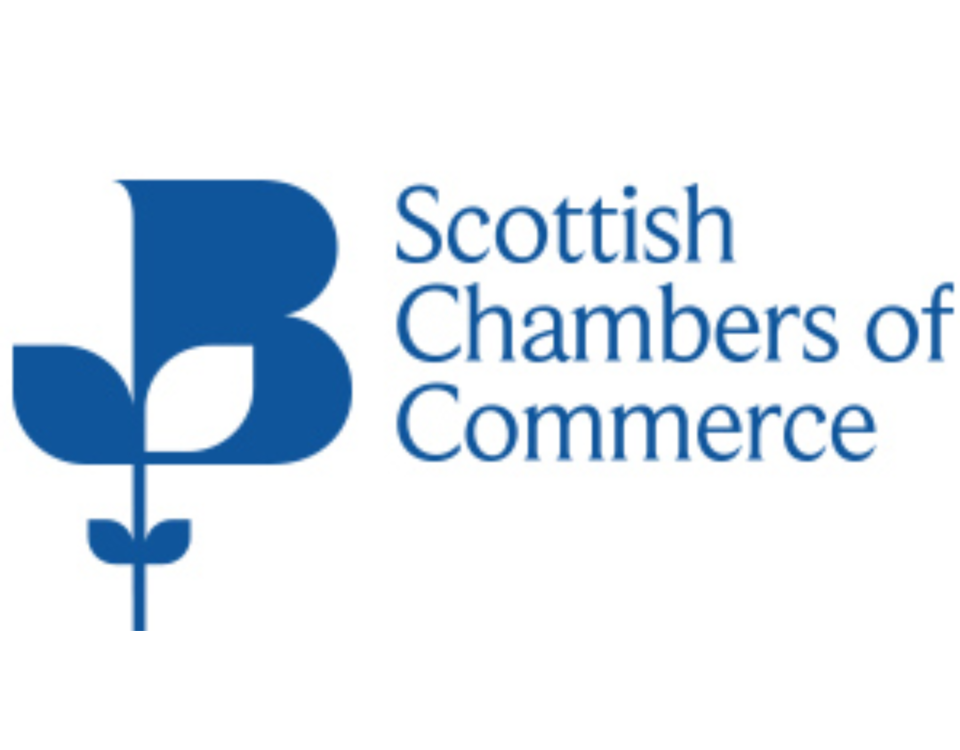Autumn Statement: Jeremy Hunt Announces Tax Cuts For Firms And Workers

Inverclyde Council Pay Rise Agreed
22/11/2023
£100k Winter Support Scheme Approved
22/11/2023Autumn Statement: Jeremy Hunt Announces Tax Cuts For Firms And Workers

Jeremy Hunt has announced tax cuts for businesses and workers in an “autumn statement for growth” worth £20bn, with a larger than expected reduction in national insurance from January.
In what will be one of his last economic announcements before a general election, the chancellor said a stronger outlook for the public finances meant he could cut national insurance from 12% to 10% and offer firms a tax cut to increase investment, which he described as the largest in modern British history.
But he also laid out a set of economic predictions that show anaemic growth for the next three years, coupled with real-terms spending cuts which critics say will put further pressure on struggling public service.
In a speech focused on growing the economy, Hunt argued the government was moving to the next stage of its economic plan after declaring victory on Rishi Sunak’s primary target to halve inflation this year.
The chancellor said the “largest-ever cut” to employee national insurance would save the average worker £450 a year. The Office for Budget Responsibility (OBR) said this would cost £10bn a year by 2028-29.
He also slashed national insurance contributions for the self-employed, which he said would be worth £350 a year and benefit almost 2 million people.
Responding to demands from business leaders to support investment and boost productivity, the chancellor confirmed a well-trailed permanent extension to so-called “full expensing” – a policy that allows companies to claim tax relief on investments, worth more than £10bn a year.
Announcing 110 measures to “unlock investment” in Britain, the chancellor said measures taken in the autumn statement would support growth in business spending in the economy by £20bn a year – including steps to speed up planning approvals, subsidies for manufacturing, and new investment zones.
Putting forward plans to help grow the economy, Hunt said he would reform and simplify taxes for the self-employed by abolishing class 2 national insurance for almost 2 million people.
Small firms in England & Wales will also receive a £4.3bn tax break through a freeze on business rates.
Commenting on the Autumn Statement, Dr Liz Cameron CBE, Chief Executive of Scottish Chambers of Commerce, said: “While today’s Autumn Statement brings some welcome measures to incentivise investment and bring people back into work, it is under the shadow of the OBR significantly cutting its long-term economic growth forecasts for the UK.
“Businesses have been languishing with multiple crises and the lack of economic direction and incentives to date has held investment back. The Chancellor today has nudged the dial in the right direction, but business needs more.”
On Investment:
“Our latest research indicates that the number of firms pausing investment decisions in Scotland has reached their highest levels since 2016.
“It was welcome that the Chancellor chose to follow our call to make the extension of full expensing permanent to give business much-needed long-term certainty.
“This will be key to unlocking investment across the economy.”
On Business Support:
“The UK Government has extended its 75% business rates discount for retail, hospitality, and leisure firms in England & Wales.
“This was a measure not replicated by the Scottish Government in this past financial year to the great disappointment of these sectors.
“We urge the Scottish Government to now listen to the urgent calls of industry for this measure to be replicated in the upcoming Scottish Budget so that Scottish industry is not left behind.”
On Labour Market:
“The Chancellor has outlined extensive measures to help get the domestic labour market back into work, which is welcome, but these are long-term measures that will take time to bear fruit.
“Businesses need staff now and we urge the UK Government to consider how it can support firms in this area immediately. Businesses need an immigration system that is agile and flexible to the needs of the economy when they cannot recruit locally. Addressing this will unlock growth in the economy.”
On Whisky Duty & Tax-Free Shopping:
“The Scottish drinks industry will very welcome the freezing of alcohol duty, which helps firms in the industry expand and invest and contribute even more to the economy.
“However, we are disappointed that the Chancellor did not take steps to address the removal of tax-free shopping which has had a negative impact on business revenue, and for some, forced them to downsize operations.
“We urge the Chancellor to work with industry to introduce a new, internationally competitive tax-free shopping incentive for all overseas visitors as soon as feasibly possible, levelling the playing field for industry.”


